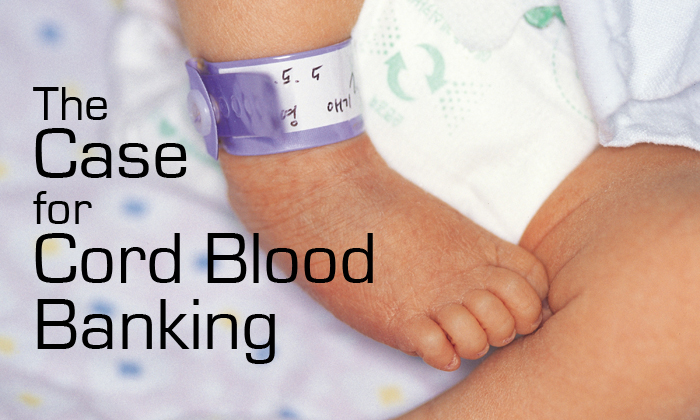Blood banking refers to the process of amassing, testing, processing, and storing blood and its parts for transfusion. The major objective of blood banking is to make sure a safe and adequate supply of blood products for medical therapies, surgical procedures, and emergencies. Blood banks play a crucial role in healthcare techniques by managing the entire life cycle of donated blood.

https://www.pregnancymiracle44.com/ : Blood is usually donated by volunteer donors. Donations may be complete blood or specific elements corresponding to red blood cells, plasma, and platelets. Blood donation drives are sometimes organized by blood banks, hospitals, and different healthcare organizations.
Collection: After donation, the blood is collected in sterile luggage that include anticoagulants to stop clotting and preservatives to increase the shelf life of the blood.
Processing: The donated blood is then processed to separate it into its various components, including purple blood cells, plasma, platelets, and cryoprecipitate. This permits for extra targeted and efficient use of the blood merchandise.
Testing: Each unit of donated blood undergoes rigorous testing to ensure its safety and compatibility. Tests embody screening for infectious diseases (such as HIV, hepatitis B and C, and syphilis) and blood typing to discover out the blood group (A, B, AB, O) and Rh issue (positive or negative).
Storage: Once processed and examined, blood components are stored underneath rigorously controlled circumstances. Red blood cells are usually refrigerated, platelets are stored at room temperature, and plasma may be frozen.
Distribution: Blood merchandise are distributed to hospitals and healthcare services based mostly on their wants. Blood banks work to maintain an enough provide of blood to fulfill the calls for of medical therapies and emergencies.
Transfusion: The final step is the transfusion of blood or its elements into patients who require them as a outcome of medical circumstances, surgical procedures, trauma, or different conditions where a blood transfusion is critical.
Blood banks are important for maintaining a stable and secure blood provide. They depend on voluntary donations, stringent testing procedures, and effective logistics to ensure that sufferers receive the best kind of blood, free from infections and other potential risks. Regular blood donation from wholesome people is essential for sustaining blood bank operations and meeting the continuing demand for blood and blood merchandise in healthcare settings..
